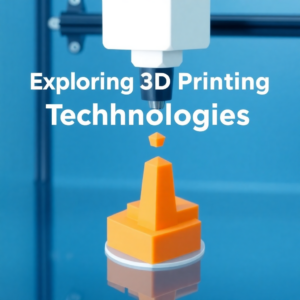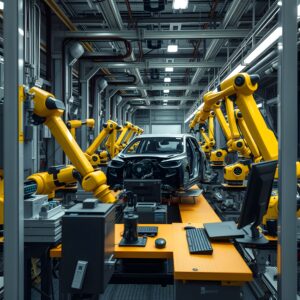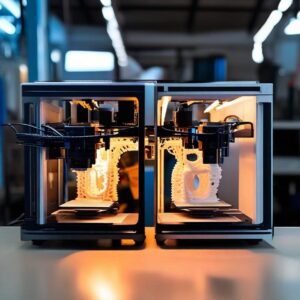When Do You Need an Enclosure?

When is an Enclosure Needed? Key Considerations for Your Project
In any project involving electronics or mechanical parts, protecting components is vital. Often, the solution to this protection is an enclosure. But how do you know when an enclosure is needed? From shielding electronics to ensuring safety and improving performance, enclosures can be a crucial part of your setup. Let’s dive into the key situations where enclosures become essential and explore the benefits they offer.
Environmental Protection
One of the most common reasons to use an enclosure is to safeguard sensitive components from environmental factors. Whether it’s exposure to dust, moisture, or extreme temperatures, certain projects require protection from the elements. Enclosures provide a sealed space that shields the internal parts from damage. If your components are installed outdoors or in harsh industrial environments, using an enclosure is a must.
- For example: Outdoor lighting systems, weather sensors, or industrial control panels typically need enclosures to prevent degradation over time.
Safety Requirements
Another critical aspect to consider is safety. If your project involves high-voltage electronics or moving mechanical parts, enclosing these elements can prevent accidents. In many industrial applications, enclosures are required by law to ensure that users and maintenance workers are protected from potential hazards.
- Example: Industrial machines, high-voltage transformers, and server racks often require enclosures to prevent accidental contact or exposure to dangerous components.
Performance Enhancement
In some cases, enclosures are used not only for protection but also to enhance the performance of a device. Enclosures can regulate the internal temperature of electronics, prevent electromagnetic interference (EMI), or keep noise levels down. This makes them ideal for projects where precision and stability are required.
- For instance: Computers, audio systems, and laboratory equipment often utilize enclosures to optimize performance and maintain optimal operating conditions.
Aesthetic and Organizational Benefits
Beyond functionality, enclosures can also improve the appearance and organization of a project. By housing all components neatly, an enclosure keeps the workspace clean and tidy. This is particularly useful for consumer electronics or home installations where a sleek appearance is desired.
- Example: Home theater systems and network hubs often benefit from enclosures that hide unsightly wires and components while adding a polished look to the setup.
When to Skip the Enclosure
While enclosures provide several advantages, they may not always be necessary. In open-air environments where ventilation is more important than protection or where the risk of environmental or mechanical damage is minimal, skipping the enclosure can help reduce costs. However, always ensure that safety and performance are not compromised when opting out of an enclosure.
Enclosures are an essential element in many projects, providing protection from environmental factors, enhancing safety, improving performance, and contributing to organization. When deciding whether an enclosure is needed, consider the environment, safety requirements, and the overall goals of your project. In most cases, the added protection and benefits make it well worth the investment.
Visit our other website: machinepwr.com




